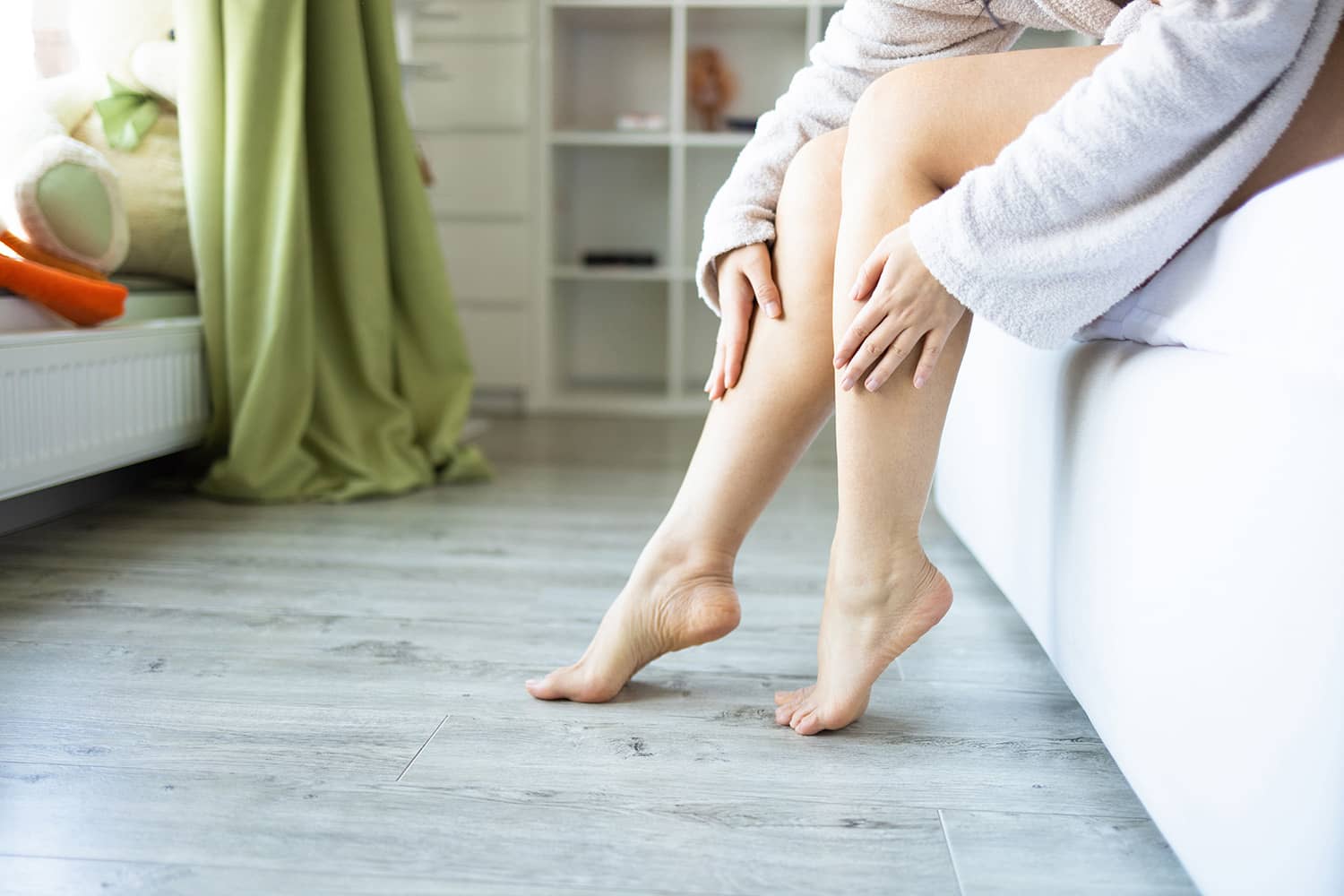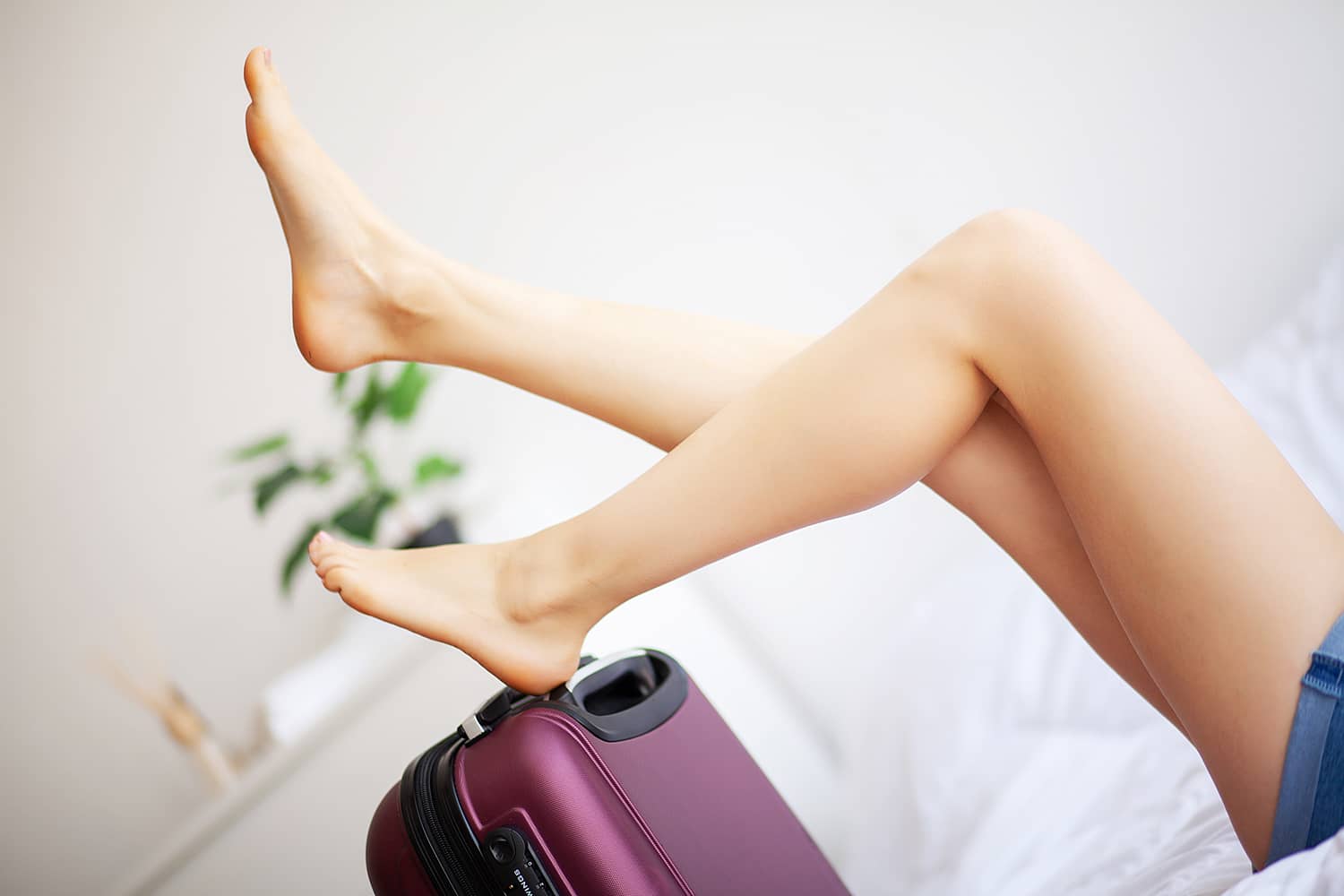Varicose Veins: Lifestyle Factors, Health Issues, and Treatment Methods
Varicose veins are not just a cosmetic concern. They often indicate underlying venous dysfunction, which can affect overall health. Genetics, aging, and hormonal changes contribute to the condition. However, lifestyle choices and certain health problems also worsen varicose veins. In this article, we explore the causes, symptoms, and modern solutions for varicose veins.
Visit our Varicose Vein Treatment page for expert care.
Lifestyle and Environmental Factors
Sedentary Lifestyle Worsens Vein Health
Lack of physical activity weakens blood circulation. When leg muscles stay inactive, blood pools in the veins and increases pressure. Over time, this weakens the veins and promotes varicose veins. Regular exercise boosts circulation and minimizes risks.
Standing or Sitting for Long Periods Strains Veins
Jobs requiring prolonged standing or sitting, like teaching or office work, increase venous pressure. This pressure weakens vein walls and valves, disrupting blood flow. Taking movement breaks and performing leg stretches can help relieve strain.
Excess Weight Overburdens Veins
Carrying extra weight places added pressure on veins. This makes it harder for blood to flow back to the heart. Symptoms like swelling and pain often intensify with obesity. Achieving a healthy weight protects vein health and prevents complications.
Health Issues Linked to Varicose Veins
Chronic Venous Insufficiency Disrupts Blood Flow
Chronic venous insufficiency (CVI) occurs when veins struggle to return blood to the heart. Blood pools in the veins, causing swelling and increased pressure. CVI is a leading cause of varicose veins. Early intervention prevents further complications.
Blood Clots Damage Vein Function
Past blood clots or deep vein thrombosis (DVT) often damage valves in the veins. Damaged valves fail to maintain smooth blood flow, increasing the risk of varicose veins.
Gender Differences in Varicose Veins
Women are more likely than men to develop varicose veins due to hormonal fluctuations during key life stages such as pregnancy, menopause, and menstrual cycles. Additionally, the use of hormonal birth control or hormone replacement therapy can weaken vein walls, making women more susceptible to this condition.

Pregnancy and Varicose Veins
Hormonal changes and increased blood volume during pregnancy strain the veins. The expanding uterus also adds pressure to pelvic veins, disrupting blood flow. Some varicose veins disappear after pregnancy, while others may require treatment.
Pregnancy is a major risk factor for varicose veins due to the following:
- Increased Blood Volume: The body produces extra blood to support the growing fetus, which puts additional pressure on the veins.
- Hormonal Changes: Hormones relax the walls of veins, making them more prone to dysfunction.
- Uterine Pressure: The expanding uterus can compress veins in the pelvis, slowing blood flow from the legs to the heart.
For more details, visit our Pregnancy and Varicose Veins page.
Can You Prevent Varicose Veins?
Preventing varicose veins completely is difficult, but healthy habits reduce your risk:
- Exercise Regularly: Walking, swimming, or cycling strengthens veins and improves circulation.
- Maintain a Healthy Weight: Losing extra weight reduces pressure on veins.
- Avoid Long Periods of Inactivity: Take breaks to move and stretch.
- Elevate Your Legs: Raising your legs relieves venous pressure.
- Wear Compression Stockings: These improve blood flow and slow varicose vein progression.
Modern Diagnosis and Treatment Options
Advanced tools now make varicose vein diagnosis and treatment easier. Doppler ultrasound evaluates blood flow and identifies problem areas in the veins. These methods provide detailed insights for personalized treatment plans.
Check out Chemical Ablation under Doppler page to explore available solutions.
When to Seek Medical Advice
It’s crucial to consult a healthcare professional if you experience:
- Persistent leg pain or swelling.
- Skin discoloration or ulceration near varicose veins.
- Worsening symptoms of heaviness or discomfort.
Untreated varicose veins can lead to serious complications, including blood clots and chronic venous insufficiency. Early diagnosis and intervention can prevent these issues and improve overall quality of life.
Debunking Myths About Varicose Veins
- Myth: Varicose veins are only a cosmetic issue.
Fact: They often indicate venous dysfunction and require treatment.
- Myth: Only women develop varicose veins.
Fact: Men also develop them, especially with risk factors like obesity or inactivity.
- Myth: Surgery is the only option for varicose vein treatment.
Fact: Minimally invasive treatments, such as laser therapy or sclerotherapy, are effective alternatives.
Frequently Asked Questions
What lifestyle changes help prevent varicose veins?
Regular exercise, maintaining a healthy weight, and avoiding long periods of inactivity lower your risk.
Can untreated varicose veins cause complications?
Yes, untreated varicose veins can lead to skin ulcers, blood clots, and chronic venous insufficiency.
Are varicose veins treatable without surgery?
Yes, minimally invasive options like laser therapy and sclerotherapy work effectively.
Does pregnancy always lead to varicose veins?
Not always, but pregnancy increases the risk due to hormonal changes and added pressure on veins.
How do compression stockings help?
They improve blood flow, reduce swelling, and ease varicose vein symptoms.
Recommended Internal and External Links
Internal Links: Varicose Vein Treatment, Chemical Ablation under Doppler
External Link Suggestions: Pregnancy and Varicose Veins, Center For Vein

